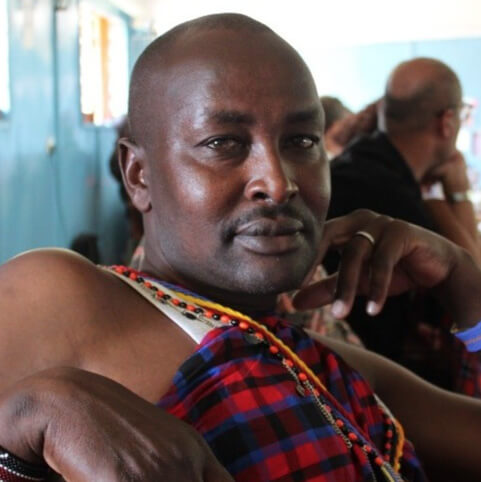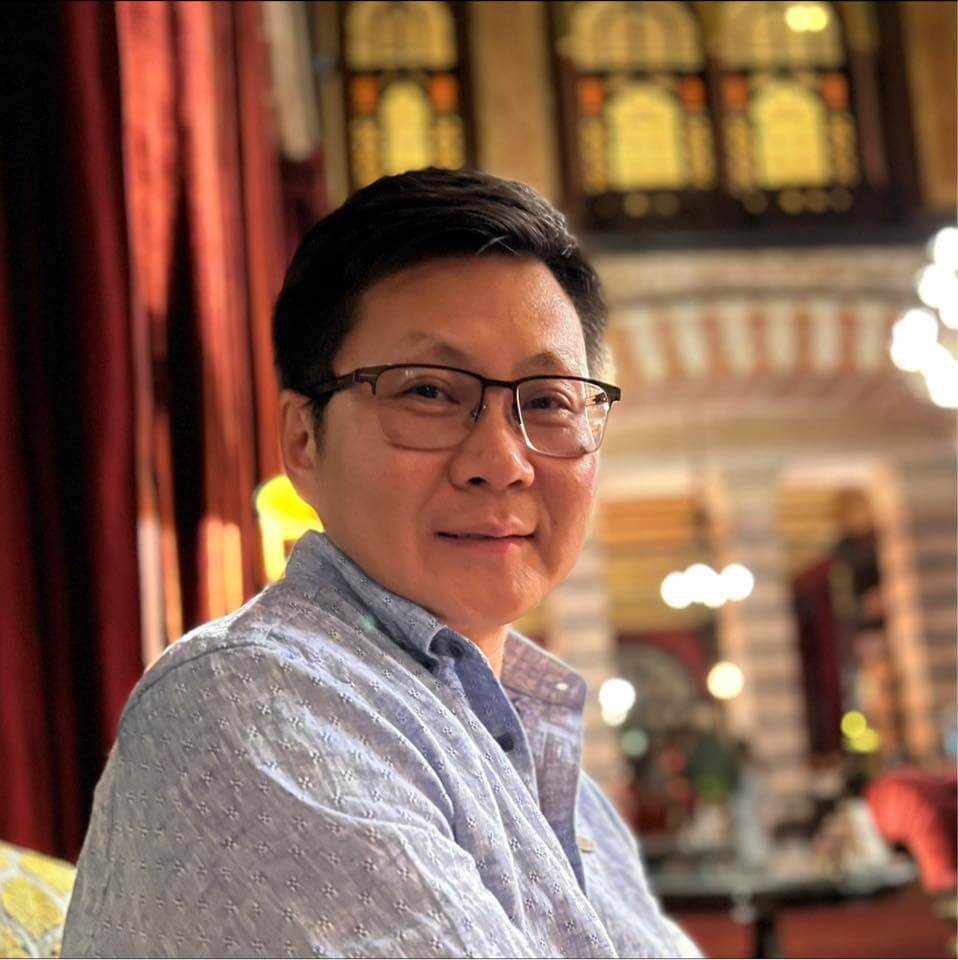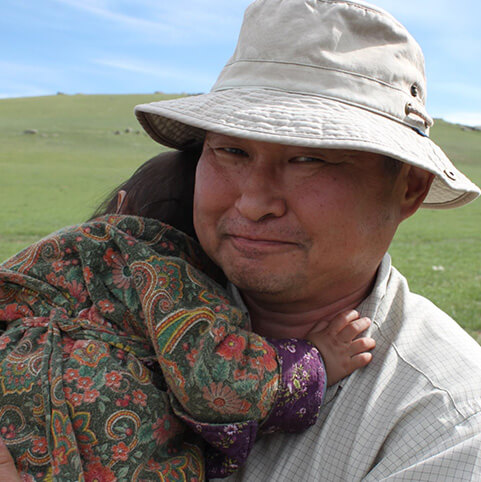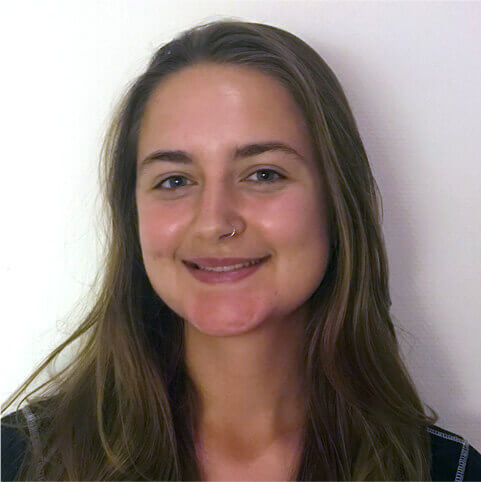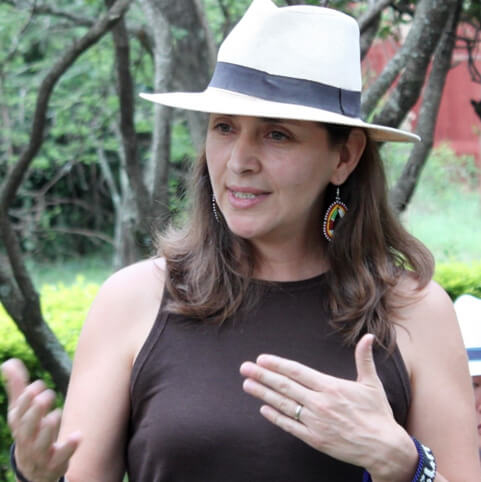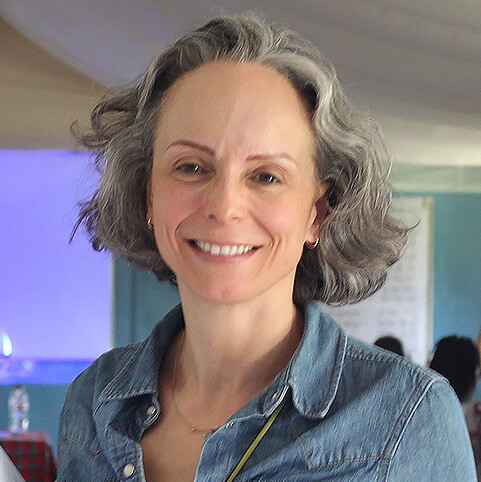ser-vir
Sou mulher, sou filha, sou mãe.
Sou medica, sou doula.
E, ao mesmo tempo,
não sou nenhuma
destas coisas.
O meu percurso como doula começa com o nascimento da minha sobrinha Lara.
Assistir ao parto da minha irmã e ser testemunha deste nascimento duplo (da mãe e da filha), o privilégio e a honra que foi poder presenciar este momento, foi para mim o início duma viagem que ainda hoje continua.
O fluxo da vida e a sequência natural dos eventos despertaram em mim um crescente interesse e uma genuína curiosidade para o mundo das mulheres. E, quer durante a minha formação de médica, quer no trabalho fora do hospital, fui-me deparando sempre mais com a força e os desafios associados ao feminino.
Em 2021 nasceu a minha filha Alma, e em 2022 nasci eu como Doula.
Acompanho famílias e mulheres na jornada que a gravidez, o parto e o pós-parto representam, a partir dum lugar de presença e escuta e com respeito pelas escolhas de cada uma.

